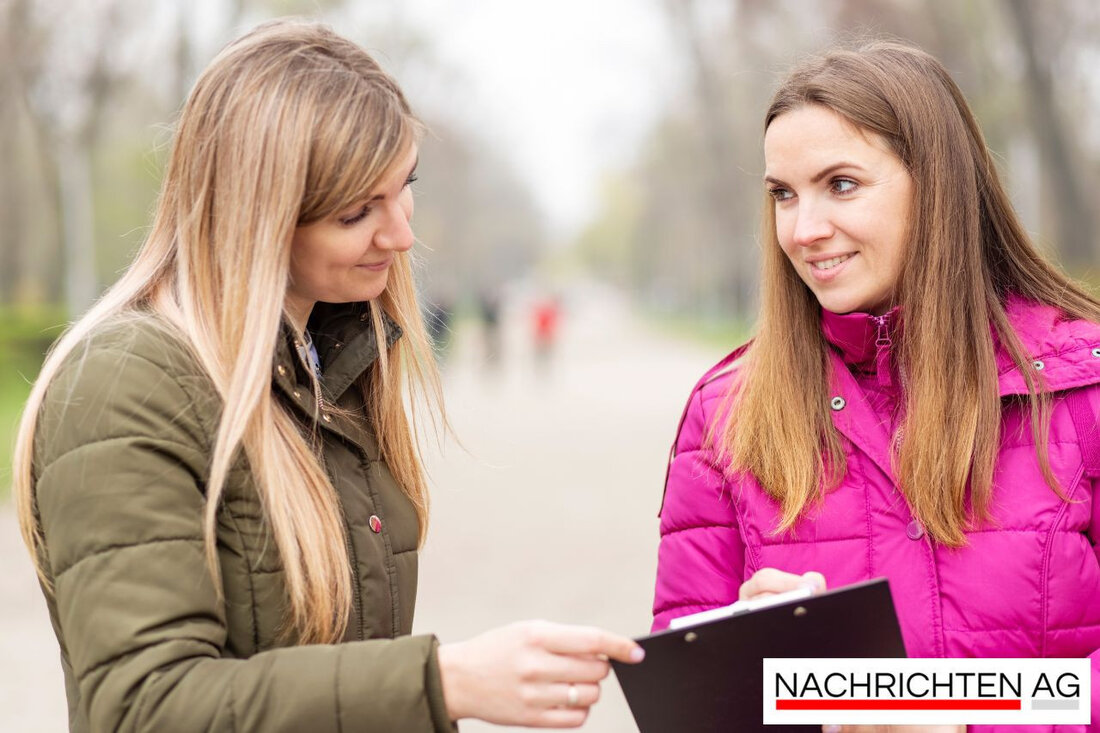Green Rhineland-Palatinate: Three-day party conference on the future vision for 2026!
The Rhineland-Palatinate Greens will discuss their election program for the 2026 state elections in Bingen on November 8th and 9th, 2025.

Green Rhineland-Palatinate: Three-day party conference on the future vision for 2026!
The decisive delegate meetings of the Rhineland-Palatinate Greens will take place in Bingen am Rhein on November 8th and 9th, 2025, where the central issues for the upcoming state elections in March 2026 will be voted on. Around 210 delegates are expected at the party conference to discuss and decide on the draft election program. This draft focuses on social challenges such as climate, environmental and nature protection as well as the promotion of democracy, mobility and affordable housing, as Tagesschau reports.
With a clear goal in mind, the Greens want to develop a fair, ecological and future-oriented program. This process began on March 15, 2025 with a district board conference and included various workshops and participation formats, including a hands-on day in Mainz. The results of these events were largely incorporated into the draft program, the final version of which will now be determined at the party conference. Amendments could be submitted until October 25th, as the Green RLP notes.
Elections and polls
The state election in Rhineland-Palatinate is scheduled for March 22, 2026, and current surveys show that the existing government alliance of the Greens, SPD and FDP no longer has a majority. In the last SWR survey, the Greens only achieved 10 percent. This is an alarming development for the party, which has been part of the government for over 14 years, as even a possible two-party alliance with the CDU would not guarantee a majority. The Greens are currently the third largest party in the country, behind the CDU and SPD.
However, Green Party membership numbers continue to rise, indicating increased interest and engagement among the population. With more than 7,800 members, the Greens have reached a record number and recorded an increase of 25 percent last year; this indicates stable support among the electorate.
Leadership and guest speakers
Katrin Eder, the current state environment minister, was elected as the top candidate and will give a key speech on Saturday. In addition, Britta Haßelmann, chairwoman of the Green parliamentary group, will appear as a guest speaker to give the delegates further impetus and enrich the discussion.
The Rhineland-Palatinate party and election campaign appears to be in full swing as the Greens try to assert themselves in a changing political environment. When considering possible government coalitions, it becomes clear that a variety of factors will influence the future state government. Given the existing five percent hurdle, the distribution of seats in parliament could theoretically change, which would open up new coalition possibilities, as also noted on DAWUM.

 Suche
Suche
 Mein Konto
Mein Konto